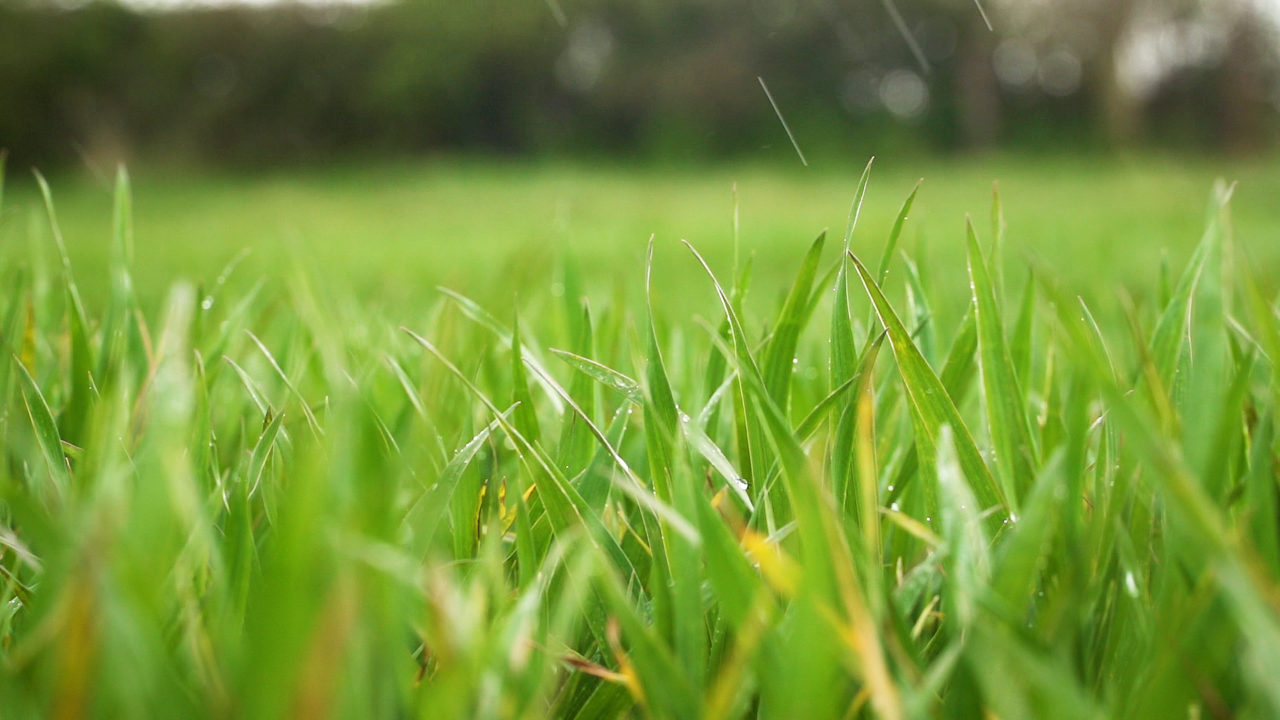Six European non-governmental organisations (NGOs) have taken the “first step” to legally challenge the EU’s decision to re-approve the use of glyphosate for another decade.
The Pesticides Action Network (PAN Europe) and its partners submitted a request for internal review to the European Commission over its re-authorisation of the weedkiller.
Glyphosate is a chemical substance used in a number of herbicide products and its use in Europe is now approved until 2033.
The approval followed a risk assessment on the impact of glyphosate by the European Food Safety Authority (EFSA), which did not identify “critical areas of concern”.
However, there is a high long-term risk to mammals in 12 out of 23 proposed glyphosate uses. An assessment of the risk on consumer dietary and aquatic plants could not be finalised.
Glyphosate
Despite “significant concern” among member states and scientists, glyphosate use was renewed while “important risks have been overlooked”, PAN Europe claimed.
PAN Europe, ClientEarth (EU), Générations Futures (France), GLOBAL 2000 (Austria), PAN Germany and PAN Netherlands submitted their case yesterday (Wednesday, January 24).

The NGOs point to studies which show “elevated cancer risk, an alarming mortality rate among insects, and major impacts on brain and gene function stemming from the use of glyphosate”.
The commission now has until the end of June to formally answer to the request, PAN Europe said adding that if the authorisation is not revoked, the NGOs will proceed with court action.
The NGOs claimed that the EFSA and the European Chemicals Agency (ECHA) have not paid sufficient attention to the science, and that the commission “acted against” EU law.
Over 16,000 published studies were screened by the EFSA as part of its assessment, of which about 2,000 were considered as “potentially relevant” and were further assessed.
In May 2023, the ECHA adopted an opinion on the classification and labelling of glyphosate that confirmed that glyphosate is “not to be classified as carcinogenic”, the commission said.
